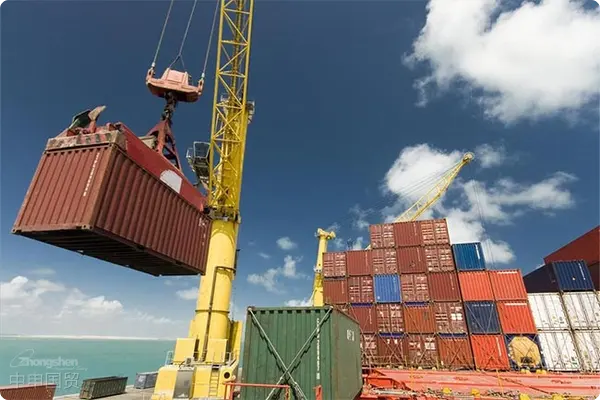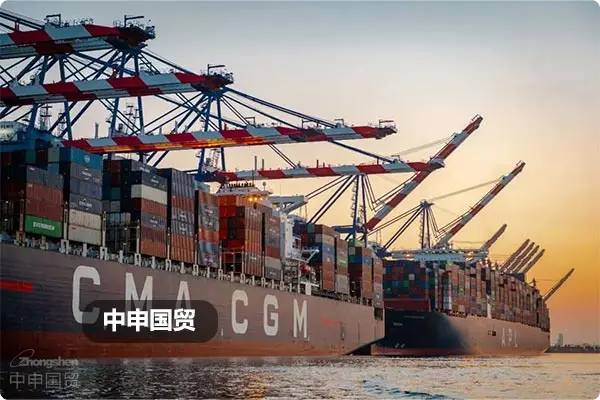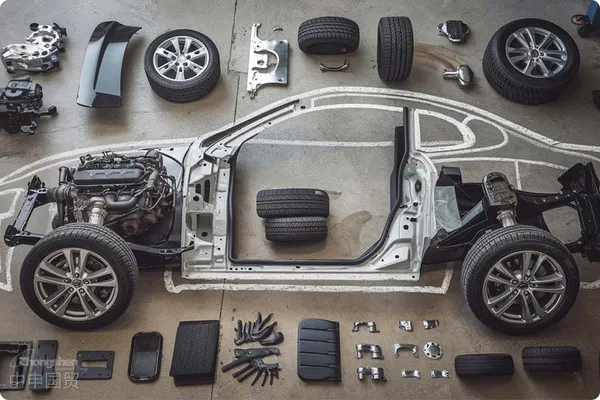- Shanghai Zhongshen International Trade Co., Ltd. - Two decades of trade agency expertise.
- Service Hotline: 139 1787 2118
An injection molding machine is a mechanical device used to heat plastic to a molten state and then inject it into a mold under high pressure to form various plastic products. It is widely used in manufacturing plastic parts, containers, toys, etc., and is a key equipment in the plastic processing industry. This article will help you understand the export requirements and precautions for injection molding machines to ensure smooth export.

Target Market Certification and Compliance Requirements
Different countries have different compliance requirements for imported injection molding machines, so it is essential to understand the certification standards of the target market before exporting. Here are some common certification requirements:
CE Certification (EU Market)
If exporting injection molding machines to the EU, CE certification must be obtained to ensure the equipment meets EU safety and electromagnetic compatibility requirements.
UL Certification (North American Market)
If exporting to the U.S. or Canada, UL certification is usually required. Although not mandatory, obtaining UL certification can significantly enhance market recognition of the product.
Other Compliance Requirements
In some countries, specific requirements may be imposed on environmental protection, energy consumption, etc. Ensuring the equipment meets these standards is crucial.
II.Export RepresentationProcess
Choosing a suitable export agency company can effectively simplify the export process of injection molding machines and ensure smooth customs clearance. Here are the services typically provided by agency companies:
Determining Export Needs and Quotation
The agency company provides equipment quotations based on client needs and calculates transportation and certification costs to help clients reasonably control expenses.
Signing Export Contracts and Preparing Documents
The agency company represents the client in signing export contracts with overseas buyers, prepares necessary documents such as invoices and packing lists, and ensures the documents meet the requirements of the destination country.
Customs Declaration and Logistics Arrangement
The agency company is responsible for the customs clearance of the injection molding machine, ensuring all documents are complete and accurate, and arranging the most suitable logistics solution to prevent damage to the equipment during transportation.
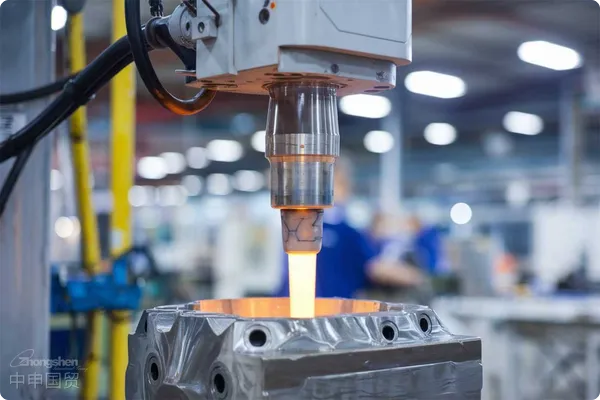
Customs Codes and Classification
HS Code: 8477.10 (Injection Molding Machine)
Complete Code: 8477100000
Injection molding machines fall under the category of Machinery, mechanical appliances, and parts thereof as described in Chapter 84 of the HS Code, specifically classified under heading 8477, primarily used for processing rubber or plastics. Based on the equipments functionality and purpose, injection molding machines align with the description of subheading 8477.10 and should be classified accordingly. The functional characteristics of injection molding machines determine their ability to heat and melt thermoplastic materials, inject them under high pressure into molds, and form various complex plastic products. This process includes steps such as heating, injection, pressure holding, cooling, and demolding, each ensuring product quality stability and consistency. Classification under subheading 8477.10 is primarily based on the machines highly specialized functional characteristics and workflow, making it clearly applicable to this category. Additionally, during actual operations and classification, it is essential to ensure the equipments functional features and uses strictly match the classification standards to minimize uncertainties in customs clearance.
IV. Precautions
Accurate Declaration
During customs declaration, detailed information about the injection molding machine, including its name, purpose, functionality, brand, and model, must be provided to ensure accurate classification.
Regulatory Conditions and Inspection Requirements
When importing an injection molding machine, it is necessary to understand the destination countrys regulatory conditions and inspection requirements in advance and prepare accordingly.
Consult Professionals
If you have any questions, it is advisable to consult a professional customs broker or customs authority to ensure accurate product classification and declaration.
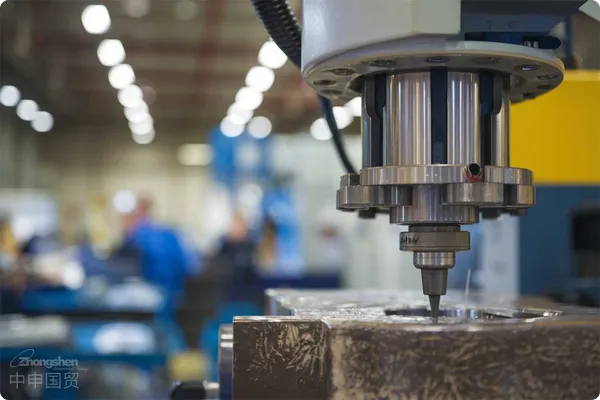
Summary
After reading this article, do you have a comprehensive understanding of the export requirements for injection molding machines? The export of injection molding machines involves multiple steps, including certification requirements, customs classification, customs clearance, and logistics arrangements. An export agency can provide full support to ensure the entire process runs smoothly. Let’s work together to help your high-quality injection molding machines sell globally and seize more business opportunities! If you have any questions about exports, feel free to contact a professional export agency.ZhongShen International TradeWe are committed to serving you!
Related Recommendations
? 2025. All Rights Reserved. Shanghai ICP No. 2023007705-2  PSB Record: Shanghai No.31011502009912
PSB Record: Shanghai No.31011502009912
